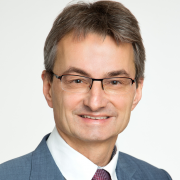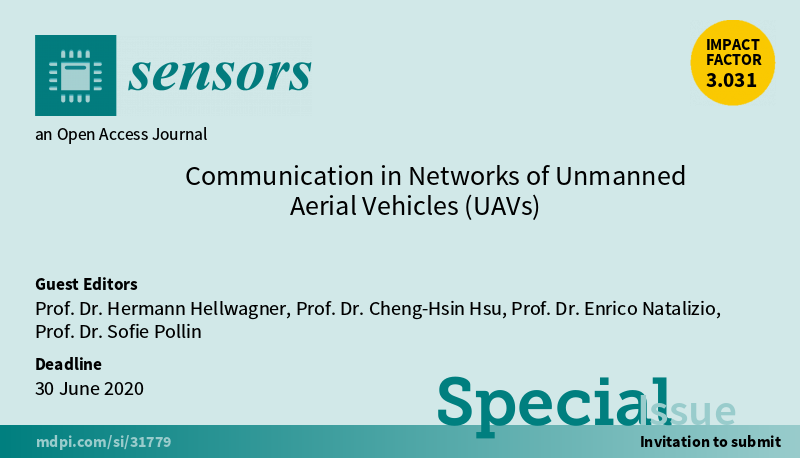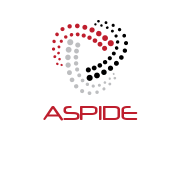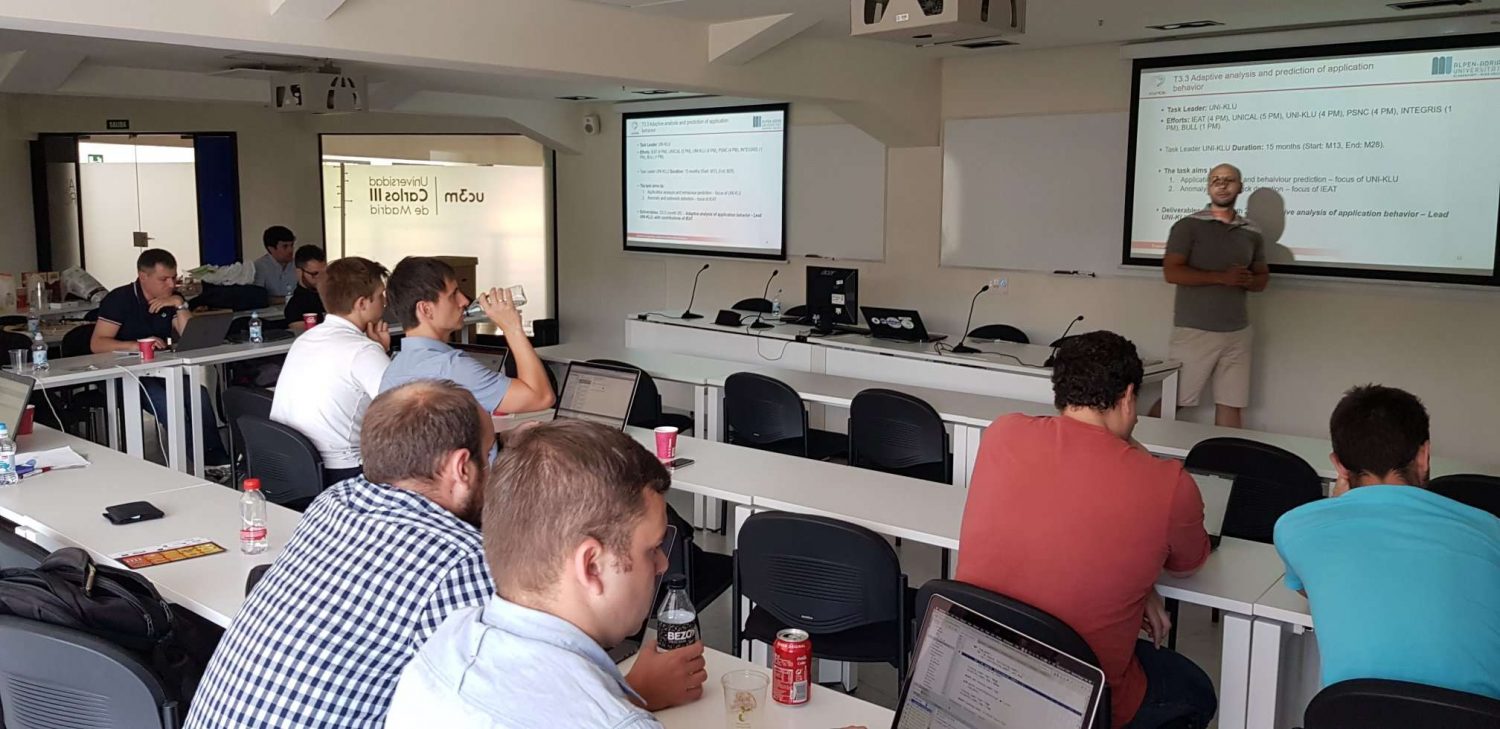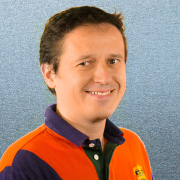The paper “Inter-Server Game State Synchronization using Named Data Networking” has been accepted for publication at the ACM Conference on Information-Centric Networking 2019 to be held in Macau, China (24-26 September 2019).
Authors: Philipp Moll, Sebastian Theuermann, Natascha Rauscher, Hermann Hellwagner (Alpen-Adria-Universität Klagenfurt), Jeff Burke (UCLA)
Abstract: In this paper, we develop a system for inter-server game state synchronization using the NDN architecture. We use Minecraft as a real-world example of online games and extend Minecraft’s single-server architecture to work as multi-server game. In our prototype, we use two different NDN-based approaches for the dissemination of game state updates in server clusters. In a naive approach, servers request game state updates for small segments of the game world from other servers of the cluster. In an improved approach – the region manifest approach – servers identify changed parts of the world by subscribing to manifest files containing information about world regions managed by the other servers of the cluster. An apparent downside of the NDN approaches is the high overhead when handling small-sized game state updates, but our evaluation shows that NDN already improves on IP-based implementations regarding the resulting traffic volume when three or more servers are involved. Furthermore, caused by NDN’s inherent multicast functionality, the advantage over IP increases with the size of the server cluster. Moreover, the use of NDN-based approaches leads to benefits beyond traffic reduction only. The name-based host-independent access to world regions allows to scale server clusters easier.



